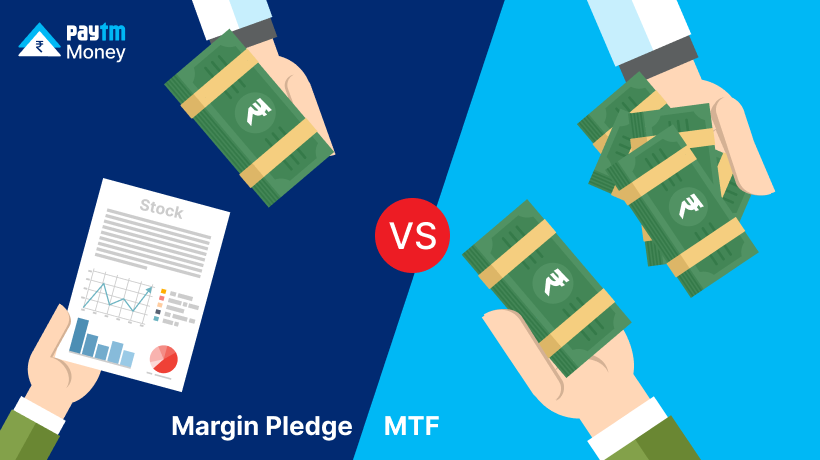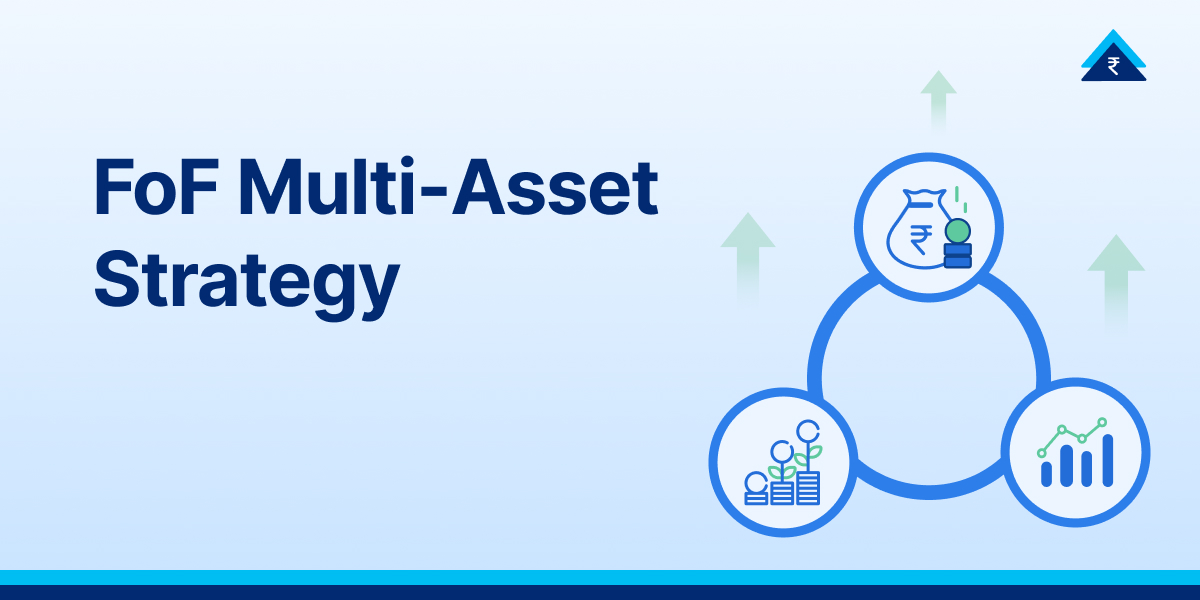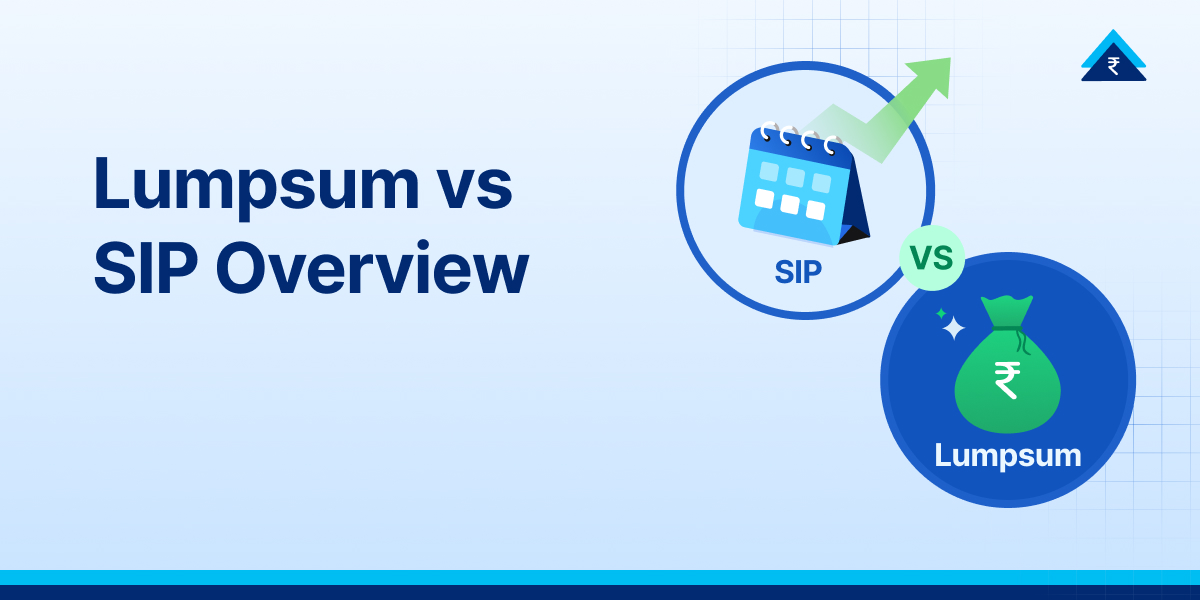In stock markets, opportunities don’t wait. A sudden dip in prices or a breakout rally often demands quick capital. That’s when traders turn to leverage. But leverage isn’t one-size-fits-all. Two popular routes, Margin Trading Facility (MTF) and Margin Pledge, offer distinct ways to borrow against your investments. Choosing wisely can define whether your strategy thrives or struggles.
Understanding Pay Later – MTF (Margin Trading Facility)
Margin Trading Facility (MTF): A service that lets you buy more stocks than your available cash by borrowing from the broker. You pay interest on the borrowed amount, making it ideal for short- to medium-term leveraged trades but with higher risk.
- How it works: MTF allows you to buy stocks by paying only a fraction of the total value, while the broker funds the rest.
- Best for: Active traders who want to amplify short-term gains by taking larger positions than their cash permits.
- Key aspect: Interest is charged on the borrowed amount until repayment.
Pros:
- Higher purchasing power with limited upfront cash.
- Suitable for capturing short-term opportunities.
- Easy entry for retail traders.
Cons:
- Interest costs can eat into profits if holding for long.
- Risks of losses magnify, just like gains.
Understanding Margin Pledge
Margin Pledge: A feature where you pledge your existing shares as collateral to get trading margin without selling them. You retain ownership and benefits (like dividends), while unlocking liquidity for intraday, F&O, or additional trades.
- How it works: You pledge your existing shares or mutual funds as collateral to get margin for trading. No need to sell holdings; your portfolio works as collateral.
- Best for: Investors who prefer not to liquidate assets but still want liquidity for trading.
- Key aspect: No actual sale of securities; you continue to enjoy corporate benefits like dividends or bonuses.
Pros:
- No need to sell long-term investments.
- Lower cost compared to MTF since borrowing is collateral-backed.
- Flexibility to use the existing portfolio for short-term trades.
Cons:
- Only works if you already hold securities.
- Over-pledging can overexpose your portfolio to risk.
Comparative Snapshot: MTF vs Margin Pledge
| Feature | Margin Trading Facility (MTF) | Margin Pledge |
| What it is | Borrow funds from a broker to buy more stocks than available cash. | Use existing shares in your demat account as collateral for margin. |
| Purpose | To amplify buying power for new trades. | To unlock margin without selling holdings. |
| Cost | Interest charged on borrowed amount (e.g., ~9–12% annually). | No borrowing cost, only nominal pledge/unpledge fees. |
| Ownership of Shares | New shares purchased are held under MTF till the loan is repaid. | You continue to own pledged shares and can earn dividends/bonuses. |
| Flexibility | Suited for short-to-medium-term leveraged trades. | Useful for intraday, F&O, or margin requirements without extra funds. |
| Risk | Higher, since you trade with borrowed money, losses can magnify. | Lower, since you’re using your own holdings as collateral. |
| Settlement | Requires repayment of the borrowed amount plus interest. | Shares can be unpledged anytime after the margin is released. |
Conclusion
Think of MTF as a credit card for stock trading: quick access, but comes with interest. Margin Pledge, on the other hand, is more like using your assets as security for a loan; it is less costly but needs prior investment.
The “better” leverage isn’t universal. If you’re chasing rapid trades, MTF might be your go-to. If you’re an investor wanting liquidity without selling, Margin Pledge can be smarter. In the end, the best leverage works only when paired with discipline, risk control, and clarity of purpose.
Disclaimer: Investments in the securities market are subject to market risks, read all the related documents carefully before investing. Registration granted by SEBI, enlistment with BSE and certification from NISM in no way guarantee performance of the Research Analyst or provide any assurance of returns to investors. Paytm Money Ltd SEBI Reg No. Broking – INZ000240532, Depository Participant – IN – DP – 416 – 2019, Depository Participant Number: CDSL – 12088800, NSE (90165), BSE (6707), SEBI reg No. Research Analyst – INH000020086. Regd Office: 136, 1st Floor, Devika Tower, Nehru Place, Delhi – 110019. For complete details, please visit : https://www.paytmmoney.com






